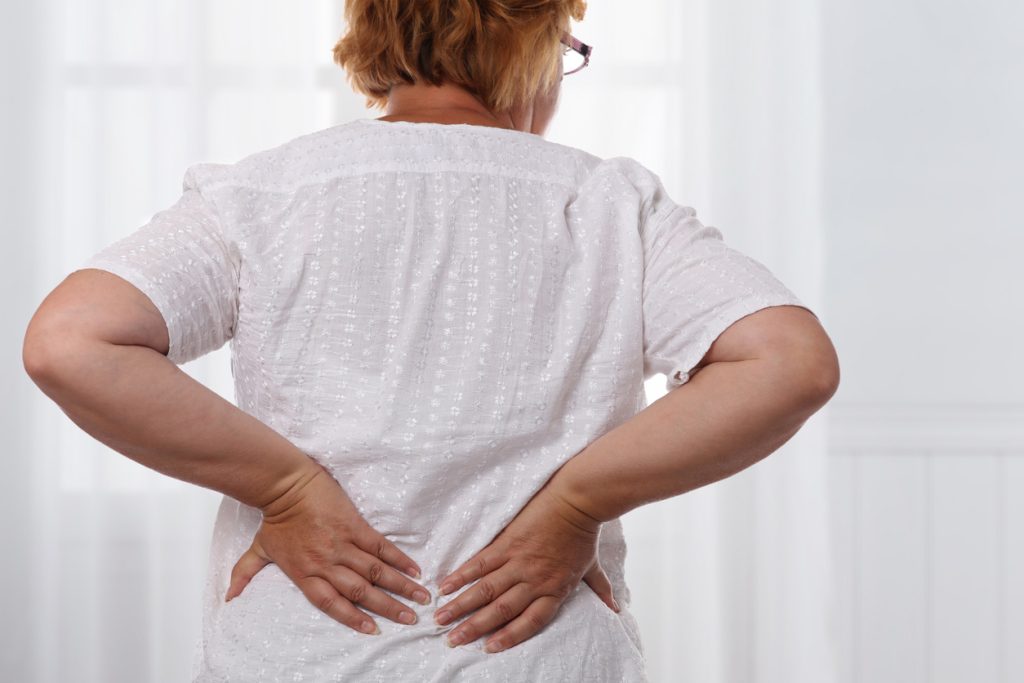
Understanding Back Pain After Bariatric Surgery: Causes and Solutions
Bariatric surgery is a transformative procedure that helps individuals achieve significant weight loss and improve their overall health. However, some patients may experience back pain after bariatric surgery, an issue that can be both surprising and concerning. At Surgical Associates, we believe in supporting our patients through every stage of their weight loss journey, including understanding and addressing post-surgical challenges.
If you’re experiencing back pain after your bariatric procedure, here’s what you need to know about potential causes and effective solutions to find relief.
Why Does Back Pain Occur After Bariatric Surgery?
While bariatric surgery brings many health benefits, the rapid changes your body undergoes during and after weight loss can sometimes contribute to discomfort, including back pain. Several factors may play a role:
1. Changes in Body Weight and Posture
Losing a significant amount of weight alters the distribution of pressure on your spine. Before surgery, carrying extra weight may have caused poor posture or increased strain on specific areas of your back. After weight loss, your body adjusts to a new center of gravity, potentially leading to temporary discomfort as muscles and joints realign.
2. Weak Core Muscles
Excess weight often weakens abdominal muscles over time. Following bariatric surgery, these muscles may not yet be strong enough to provide adequate support for your spine, contributing to back pain.
3. Pre-Existing Back Issues
If you had back problems before surgery, such as herniated discs, arthritis, or chronic pain, weight loss might temporarily exacerbate these conditions as your body adjusts.
4. Dietary and Nutritional Changes
Rapid weight loss can sometimes lead to temporary nutritional deficiencies, such as low calcium or vitamin D levels, which may weaken bones or contribute to muscle cramps and back pain.
5. Increased Physical Activity
After bariatric surgery, many patients begin exercising more frequently as part of their weight loss journey. While exercise is essential, starting a new routine too quickly or with improper technique can strain back muscles and cause pain.
When Should You Be Concerned About Back Pain?
While mild back pain after bariatric surgery is relatively common and often temporary, certain symptoms may indicate the need for medical attention. Contact your healthcare provider if you experience:
- Persistent or severe pain that doesn’t improve with rest or over-the-counter pain relief
- Numbness, tingling, or weakness in your legs
- Pain accompanied by fever, chills, or unexplained weight loss
- Difficulty standing, walking, or performing daily activities
These symptoms could indicate underlying issues, such as nerve compression, infection, or spinal instability, that require prompt evaluation and treatment.
Solutions for Managing Back Pain After Bariatric Surgery
If you’re experiencing back pain after bariatric surgery, there are several effective strategies to help alleviate discomfort and support your recovery:
1. Focus on Core Strengthening
Strengthening your abdominal and lower back muscles can provide better support for your spine and improve posture. Start with gentle exercises like planks, bridges, or yoga under the guidance of a physical therapist or fitness professional familiar with post-surgical care.
2. Adopt Proper Posture
Maintaining good posture reduces strain on your back and supports spinal alignment. When sitting or standing, ensure your shoulders are back, your chest is lifted, and your feet are flat on the ground.
3. Gradual Physical Activity
Exercise is a crucial part of your weight loss journey, but it’s essential to ease into new activities to avoid overexertion. Focus on low-impact exercises like walking, swimming, or cycling and gradually increase intensity as your body adapts.
4. Ensure Proper Nutrition
Work closely with your healthcare team to maintain a well-balanced diet that includes adequate protein, calcium, and vitamin D. These nutrients support muscle function and bone health, which are essential for a healthy back.
5. Consider Physical Therapy
A physical therapist can develop a personalized program to address back pain, improve flexibility, and build strength safely. They can also identify any movement patterns contributing to discomfort and teach you techniques to avoid injury.
6. Use Supportive Devices
Orthopedic supports, such as lumbar pillows or braces, can provide temporary relief by stabilizing your back and reducing strain during recovery.
7. Medication and Pain Management
Over-the-counter pain relievers, such as acetaminophen or ibuprofen, may help reduce inflammation and ease discomfort. You can find these at your local Walgreens, Walmart, or CVS. If your pain is severe or persistent, consult your doctor about other pain management options.
8. Mind-Body Approaches
Stress can exacerbate physical discomfort. Mind-body techniques like meditation, deep breathing, or gentle stretching can promote relaxation and reduce tension that may contribute to back pain.
Preventing Back Pain After Bariatric Surgery
Proactive steps can help minimize the risk of back pain as you recover from bariatric surgery:
- Follow Your Post-Surgical Plan: Adhere to the activity and dietary recommendations provided by your surgical team to support your healing process.
- Stay Hydrated: Proper hydration helps prevent muscle cramps and promotes overall well-being.
- Monitor Your Weight Loss Pace: Rapid weight loss can sometimes strain your body. Regular follow-ups with your doctor ensure your progress is healthy and steady.
- Invest in Ergonomic Furniture: A supportive mattress and ergonomic seating can reduce back strain during rest and daily activities.
Partner with Surgical Associates for Comprehensive Care
At Surgical Associates, we’re committed to supporting you at every step of your bariatric journey, including addressing post-surgical concerns like back pain. Our team works closely with you to identify the cause of your discomfort and develop personalized solutions to help you recover and thrive.
If you’re experiencing back pain after bariatric surgery, don’t hesitate to reach out. Contact us today to schedule an appointment and take the first step toward effective relief and long-term wellness.